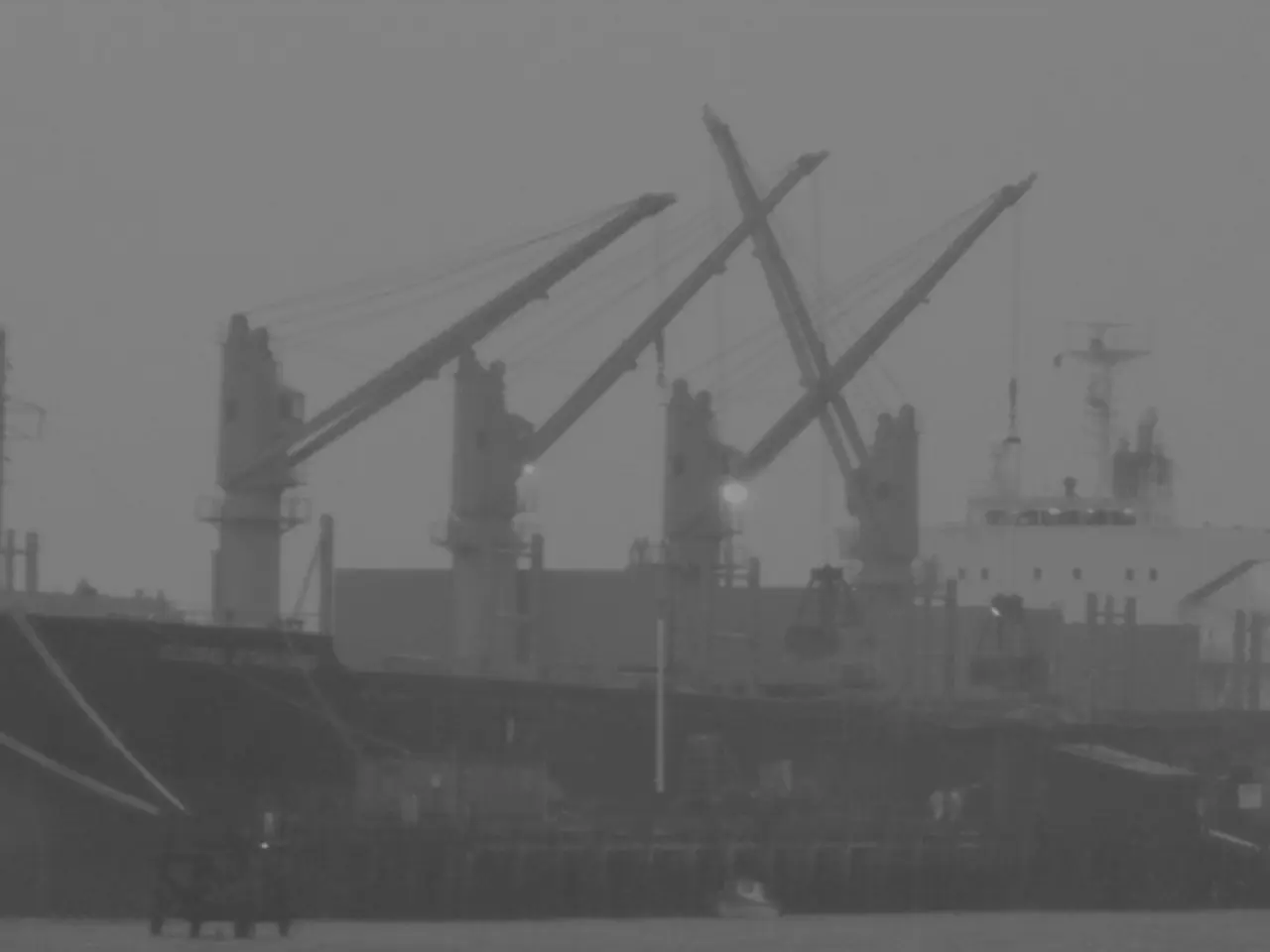Maritime Disaster: Unveiling the Shadowy Aspects of Cruise Ship Gambling Facilities
In a heart-wrenching incident, 50-year-old Shane Dixon, a father of three, tragically went overboard from the Pacific Adventure cruise ship last week. The incident has amplified the dialogue around the responsibility of cruise lines to enforce gambling regulations that protect their passengers.
The allure of the casino, compounded by incentives such as free drinks and future cruise vouchers, can prove irresistible, particularly to individuals grappling with personal crises. Shane Dixon's last night on the ship involved a $4,000 gambling debt accrued in a single evening, a stark reminder of the potential dangers that can lurk behind the glamorous facade of cruise vacations.
Current regulations for responsible gambling on cruise ships primarily depend on the jurisdiction of the country where the ship is registered. In international waters, onboard policies take precedence, often with less stringent oversight. This complex web of jurisdictional regulations leads to variations in how responsible gambling is enforced, with no unified international standard currently in place.
The incident occurred during an Elvis-themed cruise. Shane Dixon's story is reminiscent of the allure and potential dangers of gambling cities like Kai Tak, Hong Kong. His life was marked by recent personal turmoil, including the loss of close family members and the dissolution of his marriage.
Carol Bennett, CEO of the Alliance for Gambling Reform, has expressed dismay over the incident and advocates for cruise lines to bear a greater responsibility in mitigating gambling harm. Many are advocating for a reevaluation of gambling on cruise ships, urging for a paradigm shift that prioritizes passenger welfare over profits.
The cruise line has reiterated its commitment to responsible gambling, but the specifics of these policies and their enforcement are under scrutiny. The hope is that this tragic incident will inspire a more vigilant approach to responsible gambling on cruise ships. The tragedy has ignited a critical examination of gambling practices onboard cruise ships, with calls for improved responsible gambling practices becoming increasingly vocal.
The coroner's investigation into Shane Dixon's death is ongoing. In the meantime, the focus remains on ensuring that such a tragedy never occurs again. The challenge remains that, in international waters, enforcement of responsible gambling safeguards can be complicated by the overlapping jurisdictions and lack of clear regulatory authority. As such, transparency and consistent player protections are uneven and rely heavily on cruise line policies and the legislation of flag states, with no unified international standard currently in place.
The incident serves as a catalyst for change, prompting a critical examination of gambling practices on cruise ships. It is hoped that this examination will lead to a more robust and unified approach to responsible gambling on cruise ships, ensuring the safety and well-being of all passengers.
- Despite the global dialog regarding responsibility in casino-gambling on cruise ships, the regulatory landscape remains fragmented, with no unified international standard for responsible-gambling practices, especially in international waters.
- Amidst calls for a reevaluation of casino-games on cruise ships, arguments are being made for a shift in focus from profits to passenger welfare, emphasizing the importance of crime-and-justice considerations and promoting responsible-gambling practices.
- As the general-news story of Shane Dixon's tragic accident on a cruise ship gains traction, car-accident concerns take a backseat to the heightened emphasis on the dangers and potential harm associated with casino-and-gambling activities onboard cruise ships.








